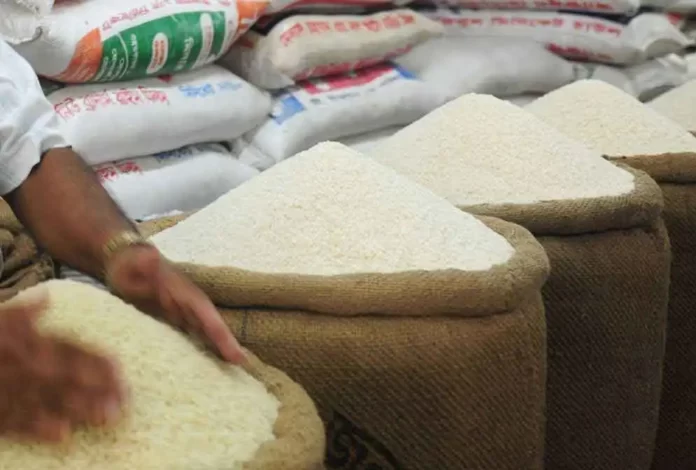ISLAMABAD: The rice export industry of Pakistan, a vital pillar of the national economy contributing nearly USD 4 billion annually through the export of approximately 5 million tons of rice, is facing a potential crisis following a controversial notification issued by the Department of Plant Protection (DPP). The directive mandates that all testing of plant-based import and export consignments, including rice, must be carried out exclusively at nine public-sector laboratories, sidelining private sector facilities that are certified by the Pakistan National Accreditation Council (PNAC).
This abrupt change in policy has alarmed the Rice Exporters Association of Pakistan (REAP), which has raised strong objections to what it calls an unworkable and unilateral decision. The exporters fear that government labs, many of which are neither PNAC-certified nor adequately equipped, lack the infrastructure and capacity to handle the large volume of rice consignments. They warn that this move will lead to serious logistical bottlenecks, delays in shipments, increased testing costs, and possibly even the rejection of consignments at foreign destinations due to credibility concerns associated with local testing authorities.
In a formal letter addressed to the Federal Minister for National Food Security & Research, REAP Chairman Faisal Jahangir urged immediate ministerial intervention to reverse the notification. He pointed out that the order was issued without any consultation with exporters or prior assessment of the capacity of government laboratories. He further stated that the directive contradicts previous notifications which allowed both public and private PNAC-certified laboratories to conduct testing, a system that has been functioning efficiently and is trusted by international buyers.
REAP also highlighted that several government labs listed in the notification are not PNAC-certified for pesticide testing, while some lack comprehensive pesticide detection capabilities. The exporters also cited the significantly higher costs associated with public lab testing, which they said would especially harm small- and medium-sized exporters by rendering them uncompetitive. Another concern was that many foreign buyers specifically designate internationally recognized or private labs for product clearance. In case of consignment rejections, private labs have the capacity and credibility to challenge foreign authorities, a facility not available with government-run labs.
The exporters questioned why the DPP has chosen to invoke Rule 96(15) of the Plant Quarantine Act now, despite the rule having been in place for years and largely set aside until recently. During a meeting between REAP and DPP’s Technical Deputy Director Dr. Basit, exporters demanded clarification on why the rule was not enforced earlier during his previous tenure, and whether it would also apply to European Union-bound consignments. Dr. Basit, who interestedingly holds almost seven charges in DPP despite a controversial background, reportedly failed to provide satisfactory responses and could not explain the inconsistency of allowing EU consignments to continue with international lab testing while forcing others through local government labs.
REAP has further raised concerns over Dr. Basit’s reappointment, referring to his past record, which includes allegations of corruption and mismanagement. They blamed him for past disruptions in mango and rice exports, and linked his recent directives to a broader pattern of administrative decisions that have negatively impacted the country’s agricultural trade.
The association noted that rice exports had already faced disruptions in late 2024 and early 2025 due to enforcement of vague rules, which halted trade for nearly a month. Export operations only stabilized after Director General DPP Tahir Abbass assumed charge and ensured a transparent and pragmatic regulatory environment, including continued reliance on PNAC-certified private and public labs.
REAP fears that the reimposition of bureaucratic restrictions will roll back recent gains in export compliance and global buyer confidence. They have demanded an immediate withdrawal of the new notification and a return to the previous system, which allowed testing from both PNAC-certified public and private laboratories.
The association has warned that unless the Ministry intervenes, Pakistan’s rice export sector may suffer serious damage—both economically and in terms of international reputation. They called for a full inquiry into the timing, intent, and procedural legitimacy of the DPP’s recent actions and stressed that policy decisions must prioritize trade facilitation, scientific validity, and stakeholder engagement.




